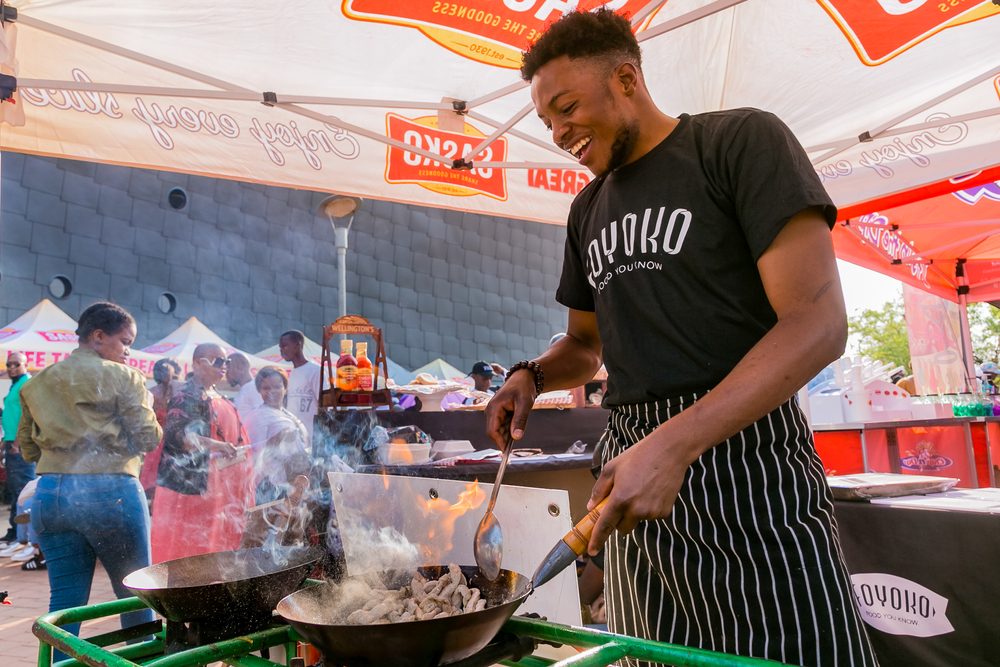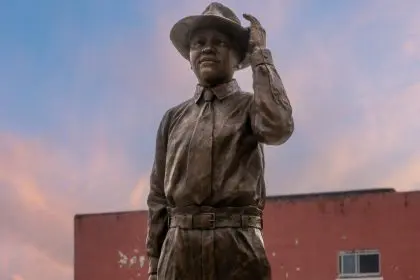As summer unfolds, the traditional cookout — a cherished gathering for many Black families — seems to be fading. But is this beloved tradition on its way out, thanks to millennials? Historians and millennials weigh in on the changes and the importance of keeping this practice alive.
The essence of cookouts
Cookouts have long been a staple in Black culture, serving as a space for fellowship, food and family bonding. Adrian Miller, a historian and author of Black Smoke: African Americans and the United States of Barbecue, explains that cookouts originated from plantation gatherings and gained popularity during the Great Migration. They became a way for Southern Blacks to assert their humanity and connect in urban settings.
Millennials and the shift in cookout culture
Despite the rich history, many millennials report a decline in cookout invitations. Actress Amber Riley humorously noted the lack of summer barbecue buzz, highlighting a growing concern among her peers. Factors contributing to this shift include:
Financial strain: Millennials faced a financial crisis during their college years, followed by a pandemic that inflated living costs, making hosting gatherings more challenging.
Health consciousness: Many millennials are more health-conscious, opting for quality ingredients and healthier options, which can increase the cost of hosting.
Changing priorities: With busy lifestyles and a preference for convenience, some millennials may choose dining out over grilling in the backyard.
Redefining cookouts
Despite these challenges, some millennials are reimagining the cookout experience. Entrepreneur Tehsuan Glover emphasizes the importance of utilizing communal spaces in urban living, while Ayana Okoya points out that modern gatherings are more intentional, focusing on quality over quantity.
The importance of preserving cookout culture
Racquel Gates, an Associate Professor at Columbia University, stresses the significance of cookout culture in sustaining Black traditions. Cookouts serve as a nexus for community, music and food heritage. Miller believes that while the format may evolve, the essence of gathering around food will endure. He encourages older generations to invite younger people to participate in these traditions, ensuring they remain vibrant.
While the cookout culture may be experiencing a transformation, its core values of community and connection remain vital. As millennials navigate their unique challenges, it’s essential to adapt and preserve these gatherings for future generations. Cookouts may look different, but the spirit of togetherness will always be a part of Black culture.

















